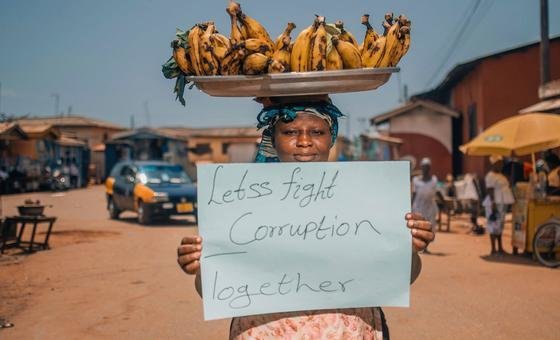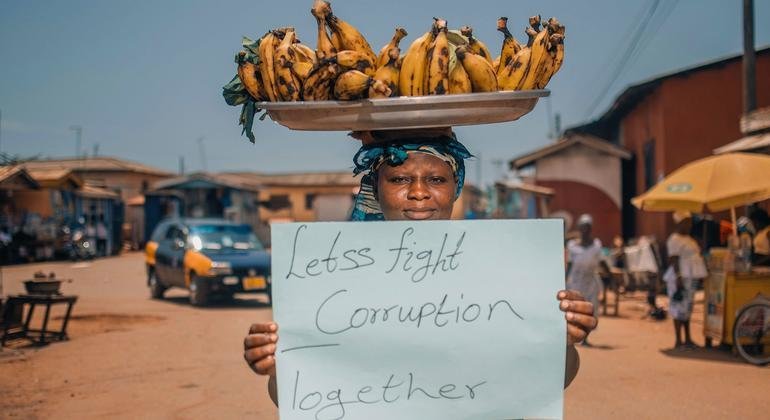
Ghada Waly, Executive Director of the UN Office on Drugs and Crime (UNODC), was speaking at the opening of the first global conference on the topic.
Corruption costs the world roughly $2.6 trillion annually, according to the UN Development Programme (UNDP) – money that could go towards fighting hunger, providing healthcare, and ensuring all children have access to quality education.
“Developing a common approach to measuring corruption can introduce much-needed clarity, helping us to determine causes, consequences, and trends, to identify gaps and weaknesses, to monitor and evaluate the effectiveness of anti-corruption policies, and most importantly to assess progress,” Ms. Waly said.
“Along with the adequate legal framework and strong institutions in place, this will enable a stronger response, and act as a springboard for efforts to achieve the SDGs,” she added.
A distorted picture
Ms. Waly acknowledged that measuring corruption is not an easy task. Current methodologies are often unclear, with questions around the accuracy and reliability of available numbers and statistics.
“Many estimates are based on limited indicators, while some frameworks prioritize narrow groups of stakeholders and their perceptions,” she said.
“This has often painted an incomplete or distorted picture, including for many countries in the global South that are perceived to be more corrupt by default.”
Framework for measurement
UNODC is developing a statistical framework for countries to measure corruption domestically, which proposes a common set of definitions, indicators, methods, and sources, and provides guidance on how to collect and analyse data holistically.
Ms. Waly said the hope is that it will be presented at a conference this December for States party to the UN Convention against Corruption (UNCAC), adopted 20 years ago.
The development of the framework builds on UNODC’s work helping countries collect data on corruption, she added.
Support to countries
The Office providescapacity-building and technical guidance to several countries in Africa, Asia and Latin America to undertake corruption surveys.
In 2018, UNODC partnered with UNDP to develop a manual on measuring bribery and other related forms of corruption through sample surveys, to advance the SDGs.
“The impact of corruption is tangible, far-reaching, and profoundly damaging. By better measuring corruption, we can better mitigate that impact,” she said.
The Global Conference on Harnessing Data to Improve Corruption Measurement brings together policymakers, scientists, practitioners and experts from governments, civil society and academia.
The two-day meeting concludes on Friday.



